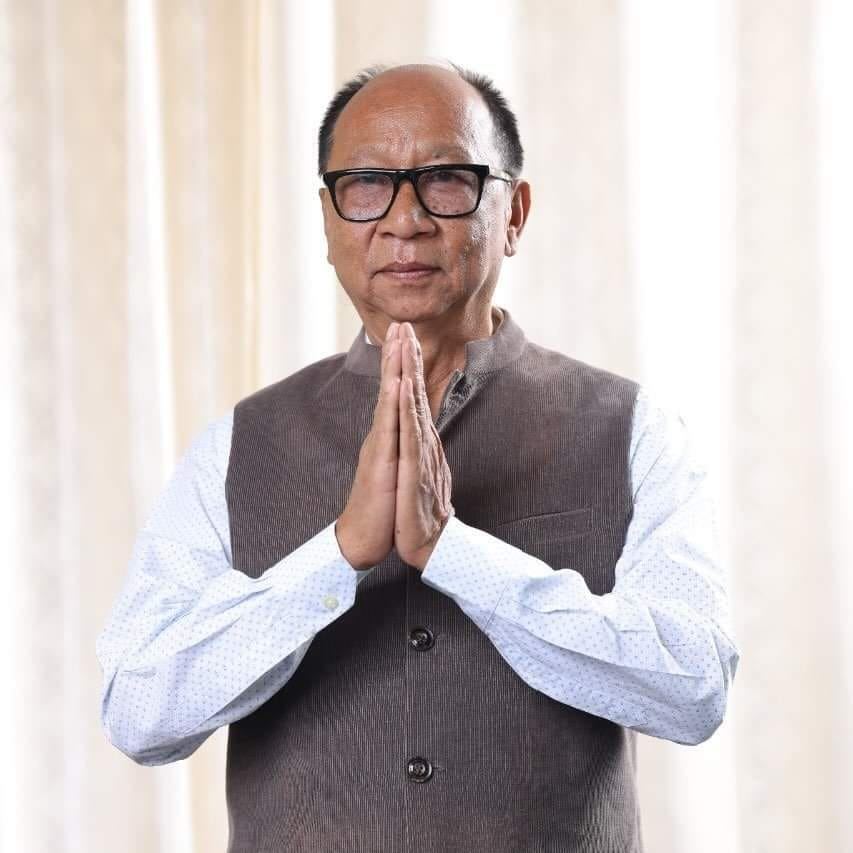Introduction
Deendayal Antyodaya Yojana-National Rural Livelihood Mission (DAY-NRLM) is a flagship poverty alleviation program implemented by the Ministry of Rural Development, Government of India. It aims to reduce poverty by enabling the poor household to access gainful self-employment and skilled wage employment opportunities resulting in sustainable and diversified livelihood options for the poor. This is one of the world’s largest initiatives to improve the livelihoods of the poor. The Mission seeks to achieve its objective through investing in four core components viz., (a) social mobilization and promotion and strengthening of self-managed and financially sustainable community institutions of the rural poor women; (b) financial inclusion; (c) sustainable livelihoods; and (d) social inclusion, social development and access to entitlements through convergence.
Founding Philosophy
The core belief of DAY-NRLM is that the poor have strong desire and innate capabilities to come out of poverty. They pro-poor strategy of the program has given strength to break the chain of poverty and brought community ownership to the program.
Strong institutional platforms of the poor empower the poor households and enable them to build-up their own human, social, financial, and other resources. They, in turn, enable them to access their rights, entitlements and livelihoods opportunities, including services (both from the public and private sectors). The social mobilization process enhances solidarity, voice, and bargaining power of the poor. These processes enable them to pursue viable livelihoods based on leveraging their own resources, skills, and preferences and come out of abject poverty.
Genesis
The Deendayal Antyodaya Yojana-National Rural Livelihoods Mission (DAY-NRLM) was launched in June 2011 by the Government of India by restructuring the erstwhile Swarnajayanti Grameen Swarojgar Yojana (SGSY). The new programme design was based on the experiences gained from the large-scale community-based projects in the states of Andhra Pradesh, Telangana, Bihar, Kerala and Tamil Nadu.
The following salient features were incorporated in the NRLM program:
- Demand based approach to achieve agreed outcomes in a ‘time-bound’ manner
- Dedicated support organizations with reach up to community level, to nurture and support community institutions in a process intensive manner
- While SHGs remain the basic unit, higher order structure like SHG federations, producer organizations planned for last mile service delivery and market access
- Creation of a pool of Social Capital in the form of Community Resource Persons (CRPs) and identification of internal CRPs and active women
- Focus expanded to address multiple dimensions of poverty including assets, skills, incomes, consumption and risks (including food and health risks)
- Convergence with other poverty reduction programs, social security schemes and safety nets.
DAY-NRLM seeks to promote a comprehensive livelihoods approach encompassing four inter-related tasks: i. mobilizing all rural, poor households into effective self-help groups (SHGs) and SHG federations ii. enhancing access to credit and other financial, technical, and marketing services iii. building capacities and skills for gainful and sustainable livelihoods iv. improving the delivery of social and economic support services to poor through convergence. Through NRLM, a combination of financial resources and technical assistance is provided to the states to achieve these objectives.
Goal
To reduce poverty by enabling the poor households to access gainful self-employment and skilled wage employment opportunities, resulting in appreciable improvement in their livelihoods on a sustainable basis, through building strong grassroots institutions of the poor.
Guiding Principles
- Poor have a strong desire to come out of poverty, and they have innate capabilities to do so.
- Social mobilization and building strong institutions of the poor is critical for unleashing the innate capabilities of the poor.
- An external dedicated and sensitive support structure is required to induce the social mobilization, institution building and empowerment process.
- Facilitating knowledge dissemination, skill building, access to credit, access to marketing, and access to other livelihoods services underpins this upward mobility.
Values
- Inclusion of the poorest, and meaningful role to the poorest in all the processes.
- Transparency and accountability of all processes and institutions
- Ownership and key role of the poor and their institutions in all stages – planning, implementation, and monitoring
- Community self-reliance and self-dependence


